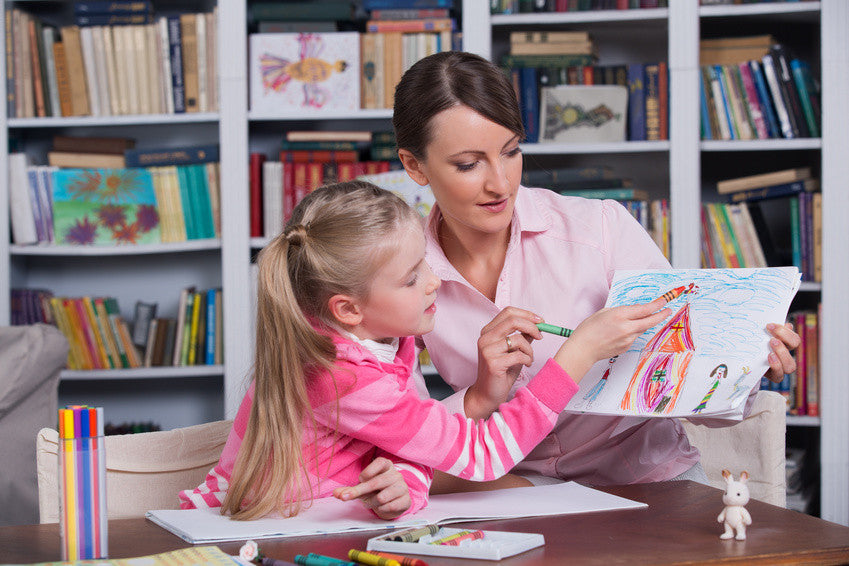
ADHD and Your Daughter: What To Do With Your Child's Diagnosis
Among adults with Attention Deficit Hyperactivity Disorder (ADHD), it's a little-known fact that women are often diagnosed with the disorder later in life whereas men are often diagnosed at a younger age.
This is often because of sexist stereotypes. According to ADDitude Magazine, "In a classroom setting, a boy might continually blurt out answers or repeatedly tap his foot, whereas a girl might demonstrate hyperactivity by talking incessantly … A girl who talks all the time is often viewed by the teacher as chatty, not hyper or problematic."
Girls are also diagnosed less often because they tend to exhibit symptoms of the disorder that are harder to identify such as inattentiveness, forgetfulness, and limited attention span, which may be seen more as personality quirks rather than symptoms of a psychiatric disorder.
In the U.S. alone, 17.1 million children suffer from a psychiatric disorder. Sadly, those who go through life undiagnosed are more prone to depression and anxiety because of a lack of coping strategies. If your daughter has been diagnosed with ADHD, seeking medical treatment may be in your child's best interest. However, be sure to speak to your child's pediatrician or a professional specializing in ADHD in regards to finding the best treatments. Medication, for instance, doesn't always work for everyone; your child may be more responsive to behavioral therapy.
What to Expect From Your Child's ADHD Therapy
Behavioral therapy aimed at ADHD treatment helps your child manage their symptoms, allowing them to focus better in school and reduce disruptiveness. Your child's behavioral therapist may begin sessions with an ice breaker card game or activity, which may help lower your child's anxiety and increase self-confidence. Further sessions may include ways to help remain organized such as teaching them to use planners or checklists and how to study better by taking routine breaks. Coping mechanisms for anxiety may also be taught to your child as a means of keeping them from becoming overwhelmed by stimuli and information.
A note for child therapists new to treating Anxiety and ADHD
If you're a behavioral therapist for children with ADHD, consider utilizing child-friendly activities and decor in your office, such as an emotions poster, ice breaker card game, or another kind of stress card game. Games like an ice breaker card game are effective therapy tools for children and are especially beneficial if you're working with children with anxiety who may have difficulty expressing themselves.

Leave a comment